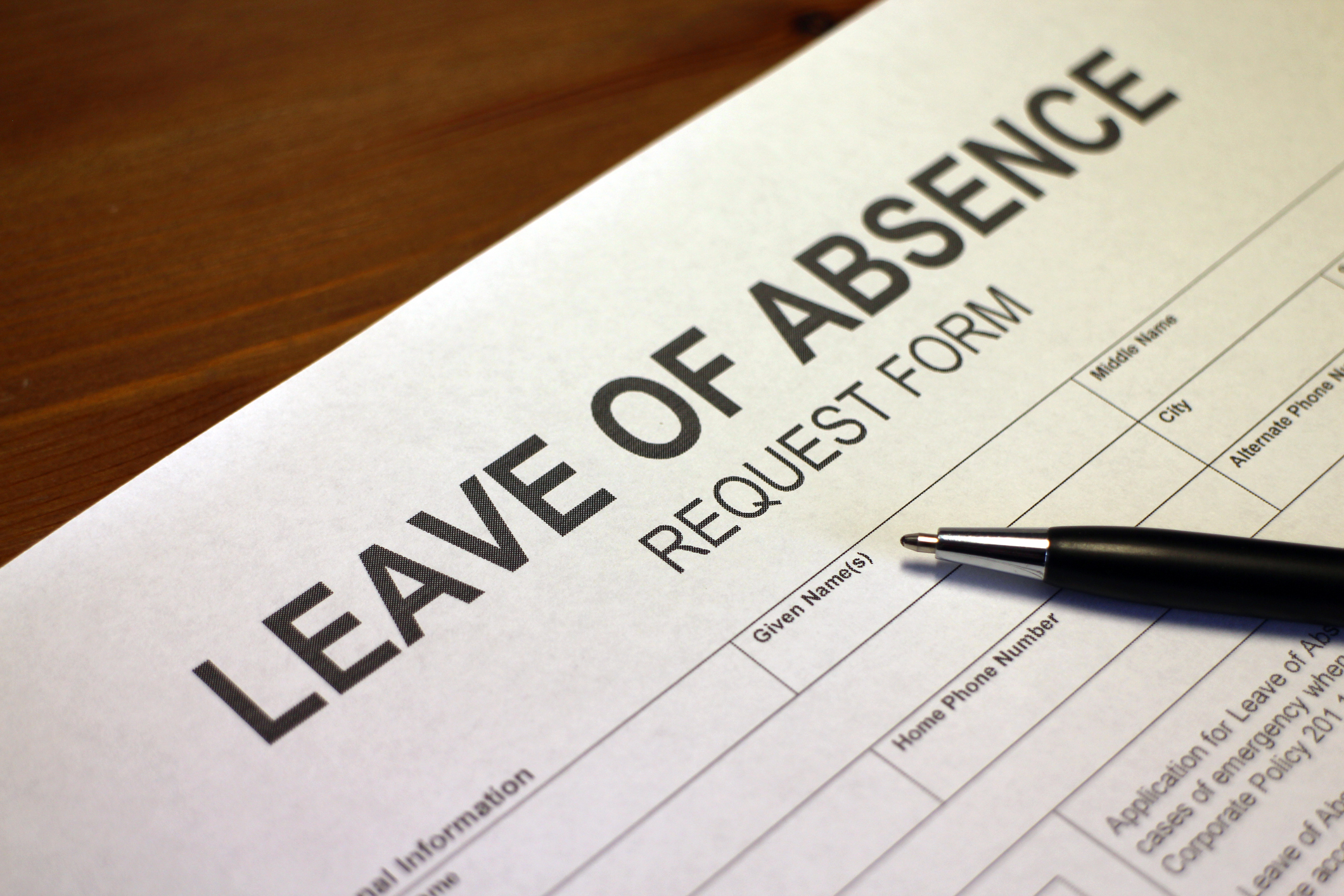Q. Our total workforce is made up of 26 employees, and we do not have a Family and Medical Leave Act (FMLA) policy in place. Under the recently approved Families First Coronavirus Response Act (FFCRA), do we need to adopt a full FMLA policy, or can we simply comply with the income protection features of this temporary federal legislation?
A. Generally, under the federal FMLA, a private employer with 50 or more employees for each working day during each of 20 or more weeks in the current or preceding year is considered a “covered employer.” All public employers are covered, regardless of size. There are also special provisions for teachers and other instructional employees of public and private elementary and secondary schools.
In addition to the federal FMLA, some states have their own comprehensive family leave laws that may also require employers to grant employees time off for the birth or adoption of a child or to care for a family member with a serious illness.
The paid sick leave and expanded family and medical leave provisions of the FFCRA apply to certain public employers and private employers with fewer than 500 employees.
If you have 26 employees, you are therefore considered a small business under the FFCRA. Specifically, small businesses with fewer than 50 employees may qualify for exemption from the requirement to provide leave due to school closings or childcare unavailability if the leave requirements would jeopardize the viability of the business as an ongoing concern.
Thus, there is nothing in the provisions of the FFCRA or in the subsequent guidance provided by the Wage and Hour Division of the Department of Labor (DOL) that would require you to adopt a full FMLA policy if you do not already have one in place. However, absent any additional future guidance or laws concerning this matter, you should follow all other provisions concerning emergency paid sick leave, etc., that may still apply to your company.
NOTE: Certain provisions of the FFCRA may not apply to certain employers with fewer than 50 employees. See Department FFCRA regulations (expected April 2020). Updated information from the DOL about the COVID-19 pandemic may be found on its website at https://www.dol.gov/agencies/whd/pandemic.
Additional Expert Insight
For those looking to comply with the FFCRA, Danielle Jones, Director of field services operations with Insperity, a provider of Human Resources and business performance solutions, shares the following tips:
Prepare for the new act. “Before making decisions based on the new law, business owners should ensure they have a thorough understanding of the legislation and how it affects their business and staff,” Jones says. “They can do this by reading the fine print of The Act and reviewing their current sick leave or paid time off policies to adjust to the new requirements.”
Adjust current paid sick leave plan. “Paid sick leave is a valuable perk provided by many employers as part of their overall benefits package. However, during this national public health crisis, the federal government has positioned paid sick leave as a temporary essential workplace program,” she adds. “As employers add the additional mandated sick time to their plans, they may consider utilizing a human resources provider to help ensure they remain compliant while adhering to the changes.”
Communicate changes to employees. “Staff may have questions regarding the changes and what it means for them,” says Jones. “To provide clarity, employers should develop a communications plan around the new regulations and communicate to employees their rights and benefits under the law. This ensures all parties are on the same page and can help alleviate any potential concerns or confusion.”
Be sure to keep these tips in mind when complying with the new FFCRA law.
 Jeanna E. Crocker, Legal Content Specialist, has more than 10 years’ experience in legal research and writing. She currently edits the Family and Medical Leave Handbook and the Leave and Disability Coordination Handbook. Ms. Crocker is also responsible for researching, updating, and maintaining information concerning the Family and Medical Leave Act (FMLA), paid sick leave, discipline and termination, and violence in the workplace. Jeanna E. Crocker, Legal Content Specialist, has more than 10 years’ experience in legal research and writing. She currently edits the Family and Medical Leave Handbook and the Leave and Disability Coordination Handbook. Ms. Crocker is also responsible for researching, updating, and maintaining information concerning the Family and Medical Leave Act (FMLA), paid sick leave, discipline and termination, and violence in the workplace.
Ms. Crocker formerly worked as an associate in training at a private firm where she focused on medical malpractice and other forms of civil defense in Buffalo, New York. She received her bachelor’s and master’s degrees from The University of Alabama, Tuscaloosa, and her law degree from the State University of New York at Buffalo Law School. Questions? Comments? Contact Jeanna at JCrocker@blr.com for more information on this topic |
